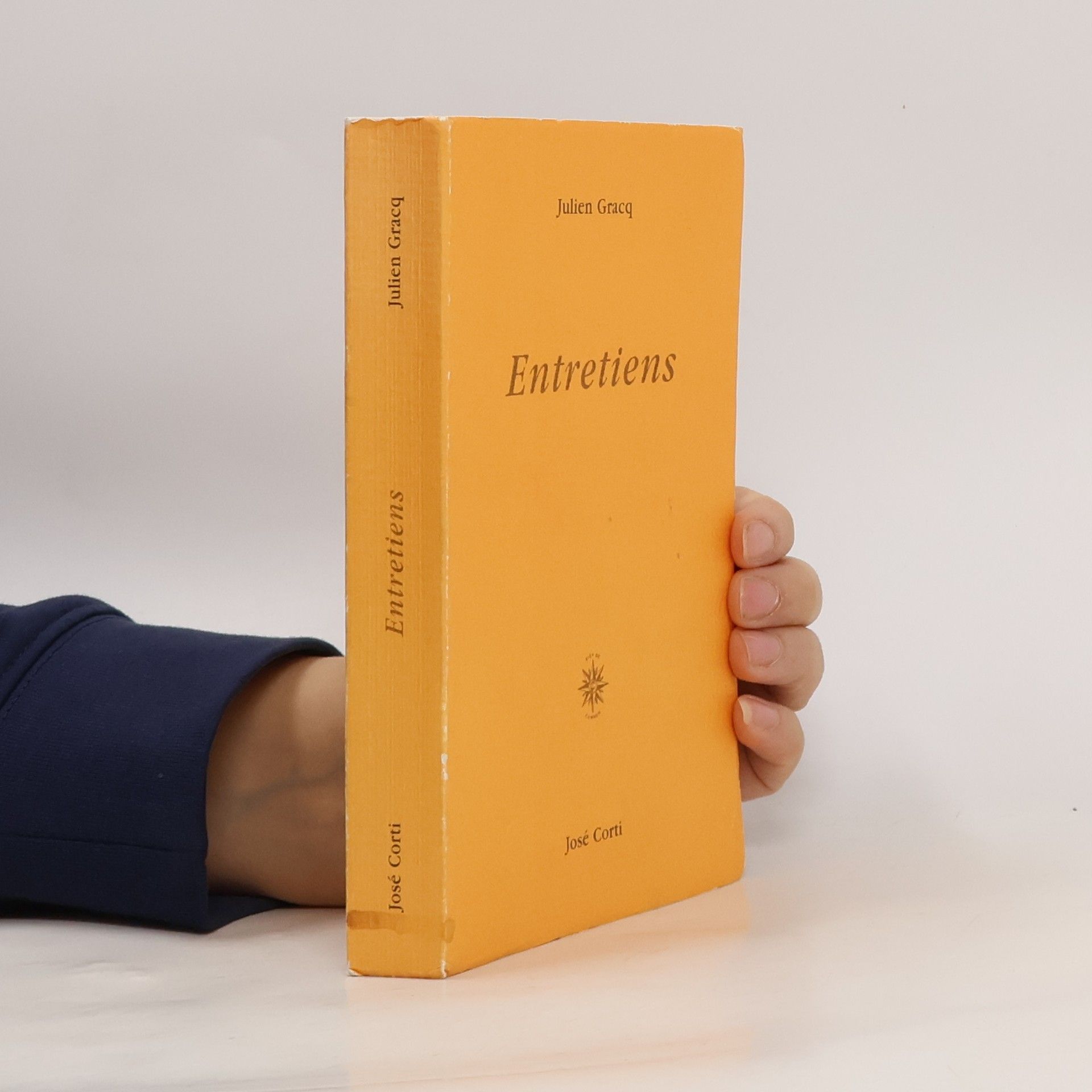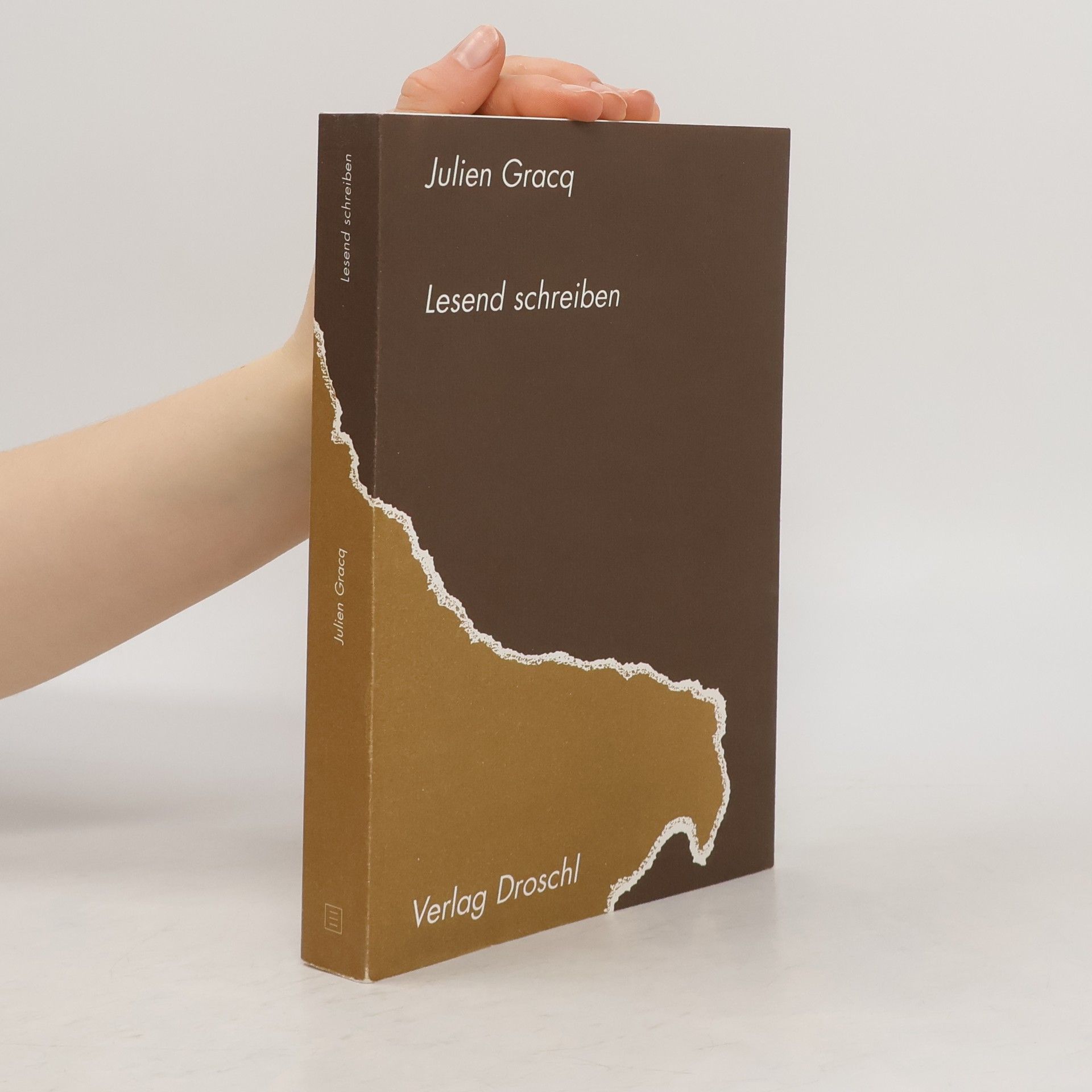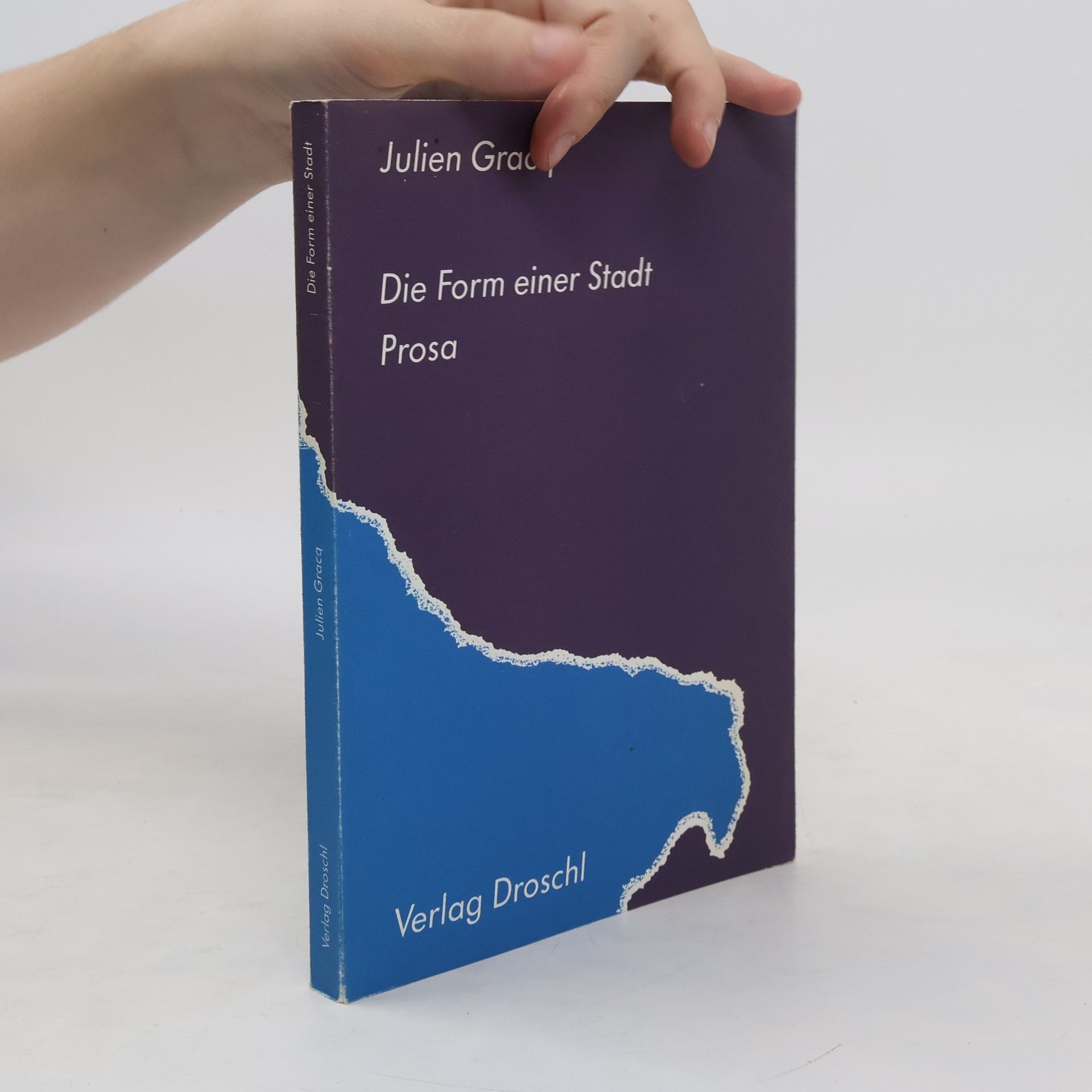A previously untranslated gem of Surrealist prose poetry from the acclaimed French novelist In 1941, Julien Gracq, newly released from a German prisoner-of-war camp, wrote a series of prose poems that would come to represent the only properly Surrealist writings in his oeuvre. Surrealism provided Gracq with a means of counteracting his disturbing wartime experiences; his newfound freedom inspired a new freedom of personal expression, and he gave the collection an appropriate title, Great Liberty: "In the occult dictionary of Surrealism, the true name of poetry is liberation." Gracq the poet rather than the novelist is at work here: Surrealist fireworks lace through bewitching modernist romance, fantasy, black humor and deadpan absurdism. A later, postwar section entitled "The Habitable Earth" presents Gracq as visionary traveler exploring Andes and Flanders and returning to the narrative impulse of his better-known fiction. Julien Gracq(1910-2007), born Louis Poirier, is known for such dreamlike novels as The Castle of Argol, A Dark Stranger, The Opposing Shoreand Balcony in the Forest. He was close to the Surrealist movement, and André Breton in particular, to whom he devoted a critical study.
Julien Gracq Books
Julien Gracq, whose literary works were noted for their Surrealism, was a French writer whose prose invited readers into dreamlike landscapes. His writing, encompassing novels, critiques, and poetry, demonstrates a profound engagement with the Surrealist movement, particularly through its influence on his imaginative scope and stylistic choices. Gracq's distinctive voice lies in his ability to craft immersive narratives that explore the boundaries of reality and perception. His literary contributions offer a unique perspective on the power of the subconscious and the artistic exploration of the mind.

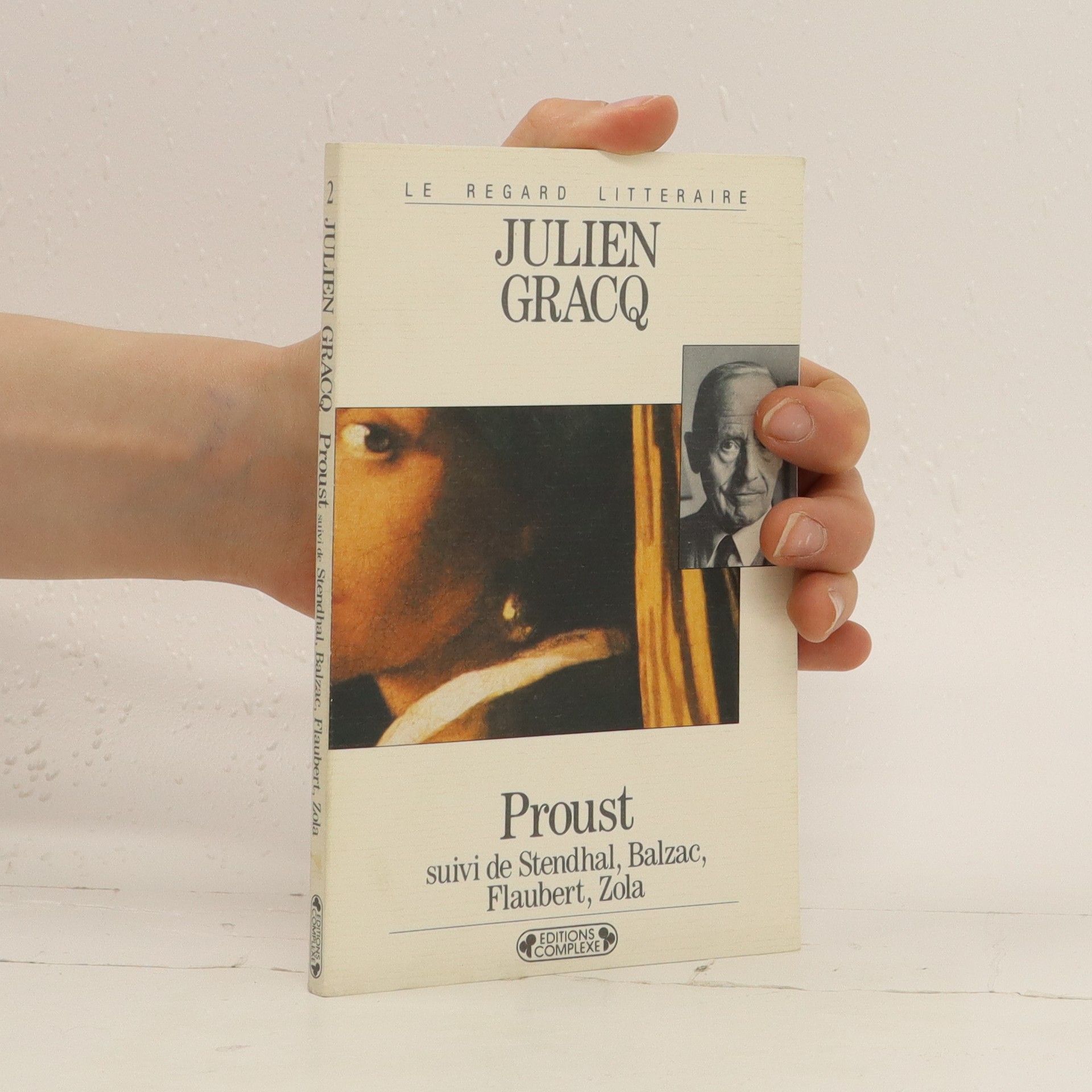
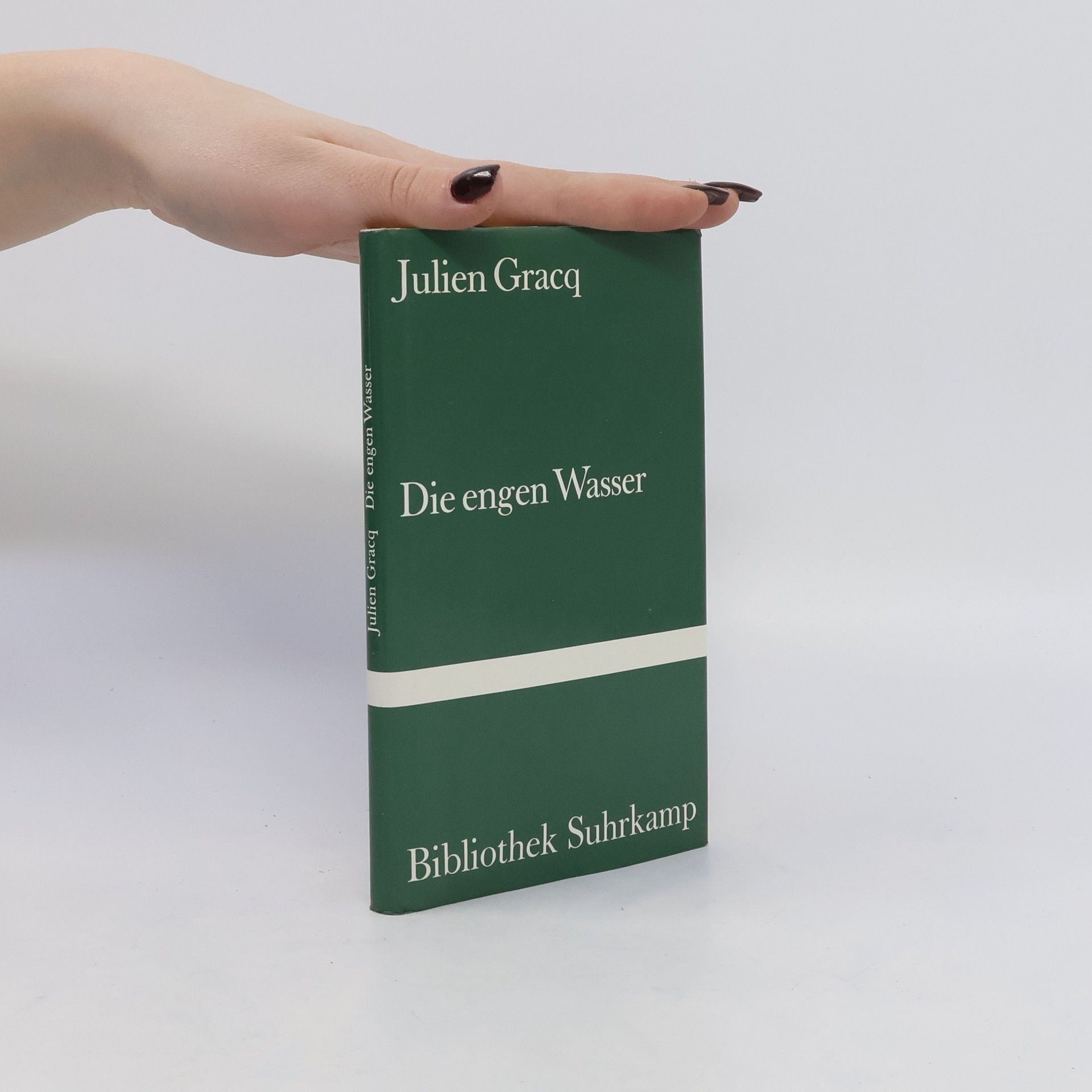




The Opposing Shore
- 292 pages
- 11 hours of reading
The narrator of this story, Aldo, a world-weary young aristocrat, is posted to the coast of Syrtes, where the Admiralty keeps the seas constantly patrolled to defend the demarcation between two powers still officially at war. This book won the Prix Goncourt.
Lettrines
- 262 pages
- 10 hours of reading
Die Halbinsel. Erzählungen
- 185 pages
- 7 hours of reading
Proust considéré comme terminus suivi de Stendhal, Balzac, Flaubert, Zola
- 113 pages
- 4 hours of reading
Balayant d'un regard à la fois complice et exigeant plus d'un siècle de littérature romanesque, Julien Gracq nous introduit à la respiration littéraire même et nous donne le désir de lire ou de relire autrement ces écrivains que nous croyions familiers.
Entretiens
- 320 pages
- 12 hours of reading
Entretiens avec Jean-Louis de Rambures, Jean-Louis Tissier, Jean Roudaut, Jean Carrière, Jean-Paul Dekiss, Bernhild Boie. In-12, broché, 314 pp. Petit frottement au mors supérieur, sinon très bon état.
Die Form einer Stadt
Prosa
Die Form einer Stadt, so schrieb Baudelaire, wandelt sich sprunghafter als das Herz eines Sterblichen. Fünf Jahrzehnte nach seinem Aufenthalt in Nantes als Internatszögling unternimmt Gracq keine nostalgische Spurensicherung. Er entwirft eine atmosphärisch dichte Topologie der Stadt Nantes, er spürt den Verschränkungen von Traum und Wirklichkeit, von Geografie und Fantasie nach.
Das Reich ist bedroht: Von Osten her nähern sich Feinde, barbarische Horden, die auf alle diplomatischen Interventionen nur mit der Enthauptung der Botschafter reagieren. Der Erzähler bricht mit einigen Freunden aus der selbstgewissen Lethargie der kulturmüden Hauptstadt auf und begibt sich in die Grenzregion, wo eine Entscheidungsschlacht bevorsteht. Gracqs Roman „Das Abendreich“ aus den frühen 50er Jahren, nie zur Veröffentlichung freigegeben, ist nicht minder eindringlich als seine großen Romane dieser Zeit, „Das Ufer der Syrten“ und „Der Balkon im Walde“. Seine unerhört eindringliche Prosa taucht die Personen, die Landschaften, die Handlung des Romans in beinahe surrealistisches Licht, gleichzeitig ist „Das Abendreich“ auch eine Art Vorläufer der phantastischen Reiche und mythischen Endkämpfe in Tolkiens Epos „Herr der Ringe“. Während »das Abendreich« zerfällt, erweisen sich die Phänomene der sichtbaren Welt – die Natur, das Licht, die Wege und die Jahreszeiten – als die eigentlichen Akteure. Die Mythen der europäischen Romantik werden mit denen des phantastischen Romans verschmolzen, in einer Stilistik, die ihresgleichen sucht, da für Gracq der Roman weder ein Mittel der Erkenntnis, noch der Aufklärung ist, sondern eine neue und extreme Erfahrung darstellen muss.
